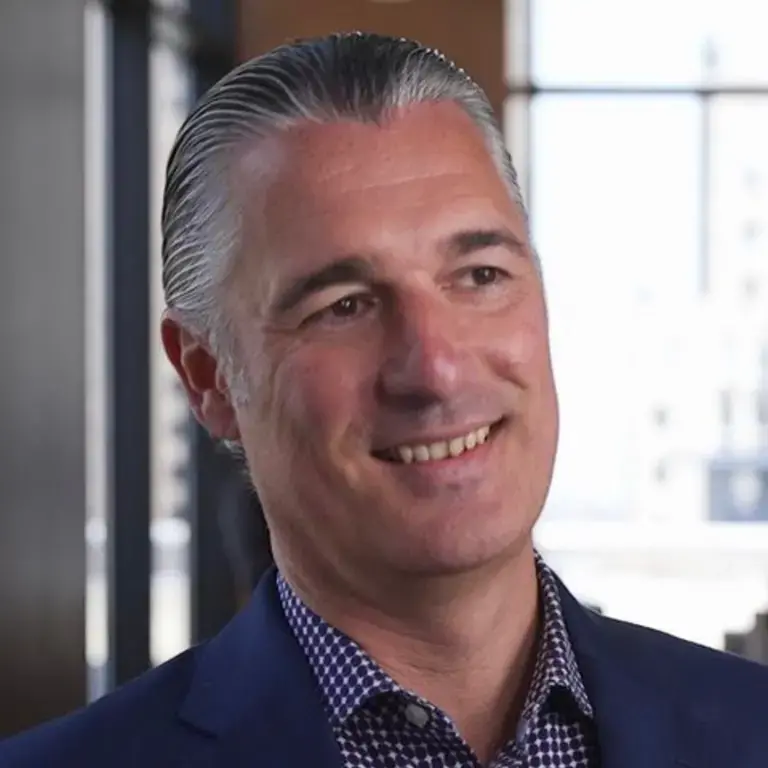By Matthias Kuhlmey, Lecturer in the Wealth Management Program, School of Professional Studies
Have you ever wondered why no one is running down the hallways of financial advisors' offices in sheer panic? The wealth management industry is focused on consolidating and optimizing traditional business models while a generation of younger clients is rising to define the forms of engagement they want.
By now, we are all familiar with reports of the impending generational wealth transfer. It is old news, if not noise, to some of us. And that is the issue. If predictions turn out to be accurate, about $16 trillion of wealth will transfer within the next decade—that’s more than 50% of retail assets managed by the current advisor population in the U.S.
But here we are, busily fixing up artifacts of past times, arguing for our well-positioned human qualities (especially in the context of AI), and, in our quiet moments, hoping for the best. After all, clients will end up needing professional advice. But what if the next generation will not just “come around” to buy into what we will make available?
It is time to consider and prepare for true consumer revolutions, some of which in the past have nearly brought traditional industries to their proverbial knees. Already today, the fastest-growing channels for advice are retail-direct and robo-advisors. Yes, those very channels have been ridiculed as having “too low margins and too few assets.”
When music file-sharing platform Napster emerged in the late ’90s, consumers cared very little that the company was enabling copyright infringement on music owned by the major labels. Napster’s sharing software became one of the hottest downloads in no time. Only after a year post launch, more than 20 million users had signed up.
The dynamics are worth understanding: At the core of Napster’s technology was the idea of a peer-to-peer sharing network, a communal approach to music. At the same time, this revolutionary platform met a market that had endured an overbearing music industry, changing, at its discretion, how consumers had to consume, from vinyl to CD to MP3.
Burdened by incremental costs for repeatedly having to buy, literally, the same product, consumers sparked a revolution while exposing an industry to its inability to lead change. Back then, at sky-high profits, why bother? As Napster was rising, the record industry became so desperate that one of its executives even demanded to “ban the internet” altogether.
There are interesting parallels when comparing past to current times:
- An emerging generation of younger clients has grown up to operate in a modular world, including prominent features such as instant access to content and information, digital engagement, and hyper-personalization around experiences. AI is the latest trend to set a new status quo in support of these features.
- The latest financial innovations, such as the emergence of blockchain and related digital assets, built on the very concept of transparency and peer-to-peer networks, but also with an inherent feature of cutting out the proverbial middlemen—for instance, when considering how digital forms of payment are replacing banks altogether.
- And last, the emergence of a generation that had to bear witness to the utter destruction of a global financial system during the 2008/2009 financial crisis with lasting impact to this day. Accommodative policies have changed how price formation works, making day-to-day goods and services harder to attain for many.
Yes, Napster eventually was shut down and deemed to be an illegal outfit, alongside other similar sharing platforms. And yet, the revolution was underway and gave basis to the way media is being consumed to this day. Even the Napster brand is back, still holding the self-inflicted “appeal of the forbidden fruit.”
All in all, our future clients will anchor their expectations to be met, personal and with purpose, around shared value and values. It will be crucial for the wealth management industry to recognize that we cannot hit the pause button on generational change as much as the recording industry executives were not able to unplug the internet for good.
About the Program
A 16-month online program with asynchronous instruction, specially designed to accommodate working professionals, Columbia University’s Master of Professional Studies in Wealth Management program is taught by distinguished faculty with deep, applied experience in their respective fields. Additionally, it is a CFP Board Registered Program designed to help students meet the educational requirements for CFP® certification.



